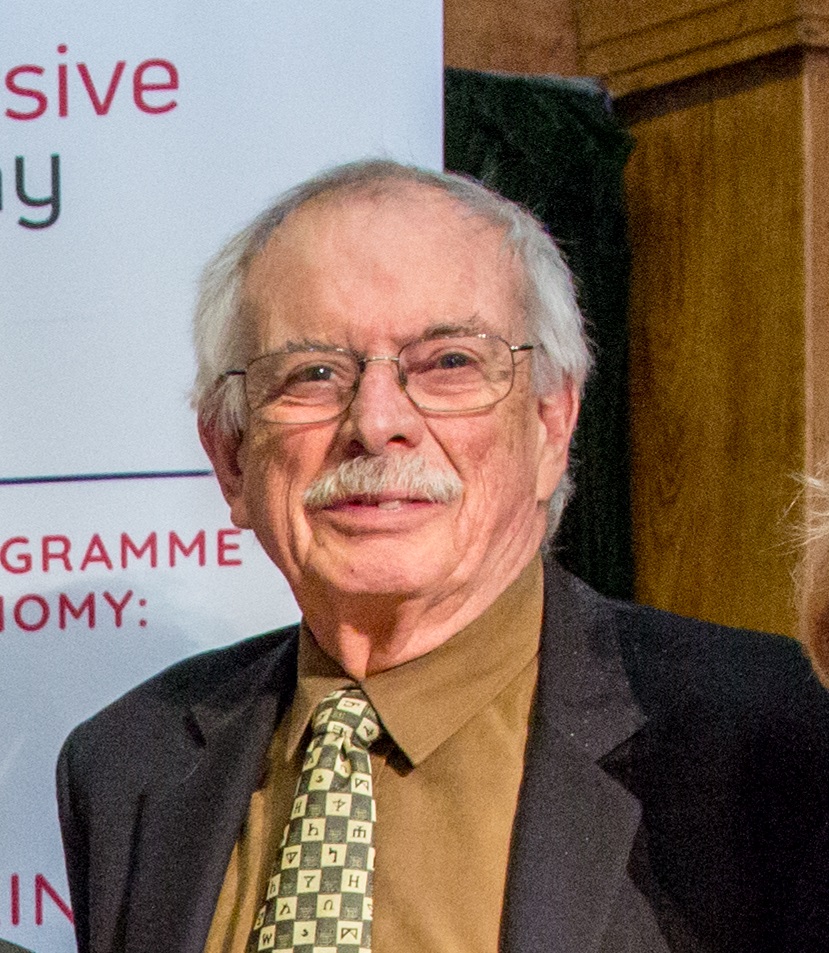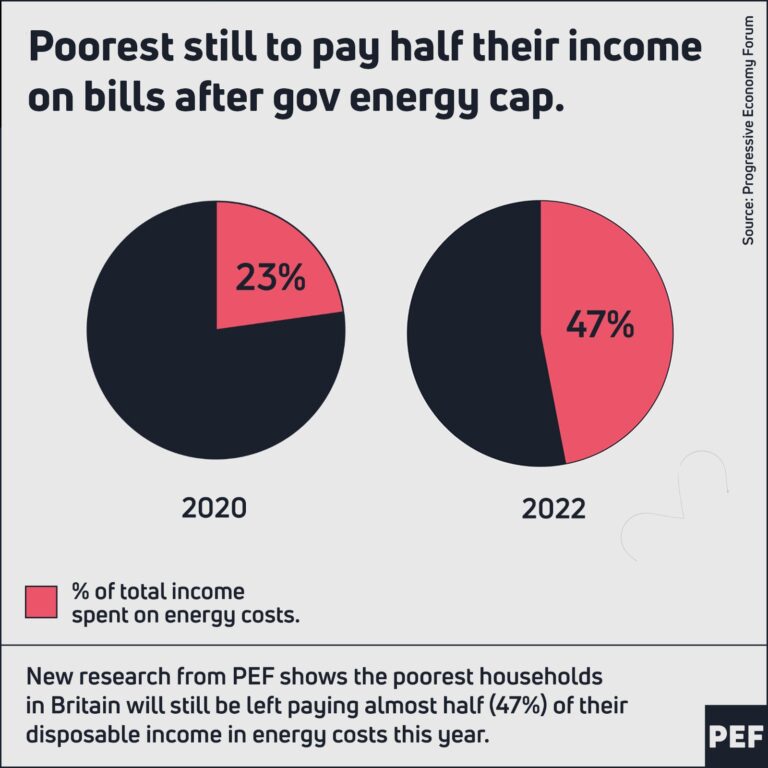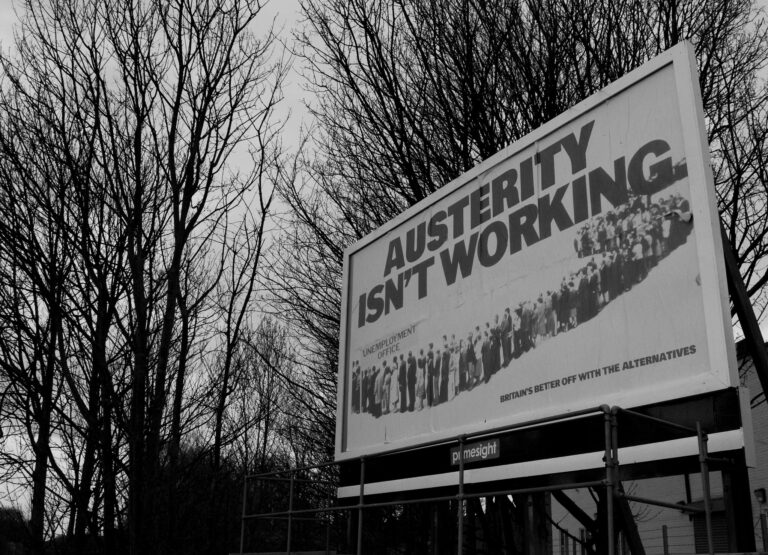PEF Chair Patrick Allen and Council member Professor John Weeks respond to the Shadow Chancellor’s pre-Budget speech, and lay out the critical differences between McDonnell’s and Hammond’s approaches.
In his speech today, the Shadow Chancellor listed examples of the egregious harm inflicted on people in this country by eight years of austerity. Perhaps most shocking has been the impact on children in Britain – rising poverty, contracting resources to educate them and maintain their health, even the closing of playgrounds, a litany of parsimony to make Ebenezer Scrooge blush. (For more on the impacts of austerity, see the PEF publication 10 Years Since the Crash).
As the Shadow Chancellor points out, the context of the imminent Budget Statement (set for next Monday at 3:30pm) is not without its black humour. After summoning a range of excuses to reiterate the alleged need for yet another budget to undermine public welfare, Mr Hammond must have suffered a shock when his prime minister announced an end to austerity at the Conservative Party Conference.
In his speech, John McDonnell speculates on the accounting tricks that could be used to escape the corner into which Theresa May has painted her chancellor, requiring him to appear to end austerity while maintaining the reality of it.
The problem Mr Hammond faces in trying to find concordance between his budget and Mrs May’s conference pledge is straight-forward and insurmountable. Austerity is not only constraining expenditure. It is the obsession to constrain expenditure with the single-minded purpose of equating public expenditure with public revenue. We use the word “obsession” in its literal sense, “an idea that continually preoccupies someone”.
According to the Office of National Statistics, public sector borrowing for the twelve months through to July of this year was £31 billion. That amount is less than 2% of national income (GDP), the lowest for any fiscal year since 2001/2002. It was also less than public investment even after the severe cuts in our government’s capital spending over the last eight years. Businesses borrow to invest; households borrow to buy homes; but Mr Hammond believes in funding public investment projects up-front, then a second time with the revenue those projects generate.
Mr Hammond’s obsession is compounded by an ideologically motivated impatience. Each year the economy grows, albeit sluggishly compared to its earlier trend under the mismanagement of first George Osborne, then Philip Hammond. The growth of the economy results in growth of tax revenue; indeed, almost all the deficit reduction over the last eight years has come from revenue growth as central government expenditures have flat-lined (with local government expenditure in free-fall). The Chancellor could make no cuts and a year from now he would have a fiscal surplus.
As with many forms of madness, Mr Hammond’s zero borrowing obsession has a perverse reason to it: the reduction of the public sector, the goal central to what the Shadow Chancellor calls “neoliberal austerity”.
The Shadow Chancellor has a different obsession – to end the debilitating effects of eight years of Conservative fiscal austerity. Cutting expenditure in pursuit of a zero budget balance is not sound fiscal policy. Sound fiscal policy involves balancing the economy and keeping it close to full capacity, not balancing the budget. The Shadow Chancellor’s speech demonstrated that he knows the difference.
Citizens elect politicians with the hope that those they elect will enhance and improve the national welfare. Bound by an out-of-date and dysfunctional ideology, Chancellor Philip Hammond believes that task means balancing the budget and the end of borrowing. The Shadow Chancellor John McDonnell has a dramatically different interpretation of that task, ending austerity and properly funding the public services that support the general welfare and bind our social fabric.
We at the Progressive Economy Forum regret that Philip Hammond, not John McDonnell, will present the Budget on Monday.
Photo credit from previous page: IBTimes









